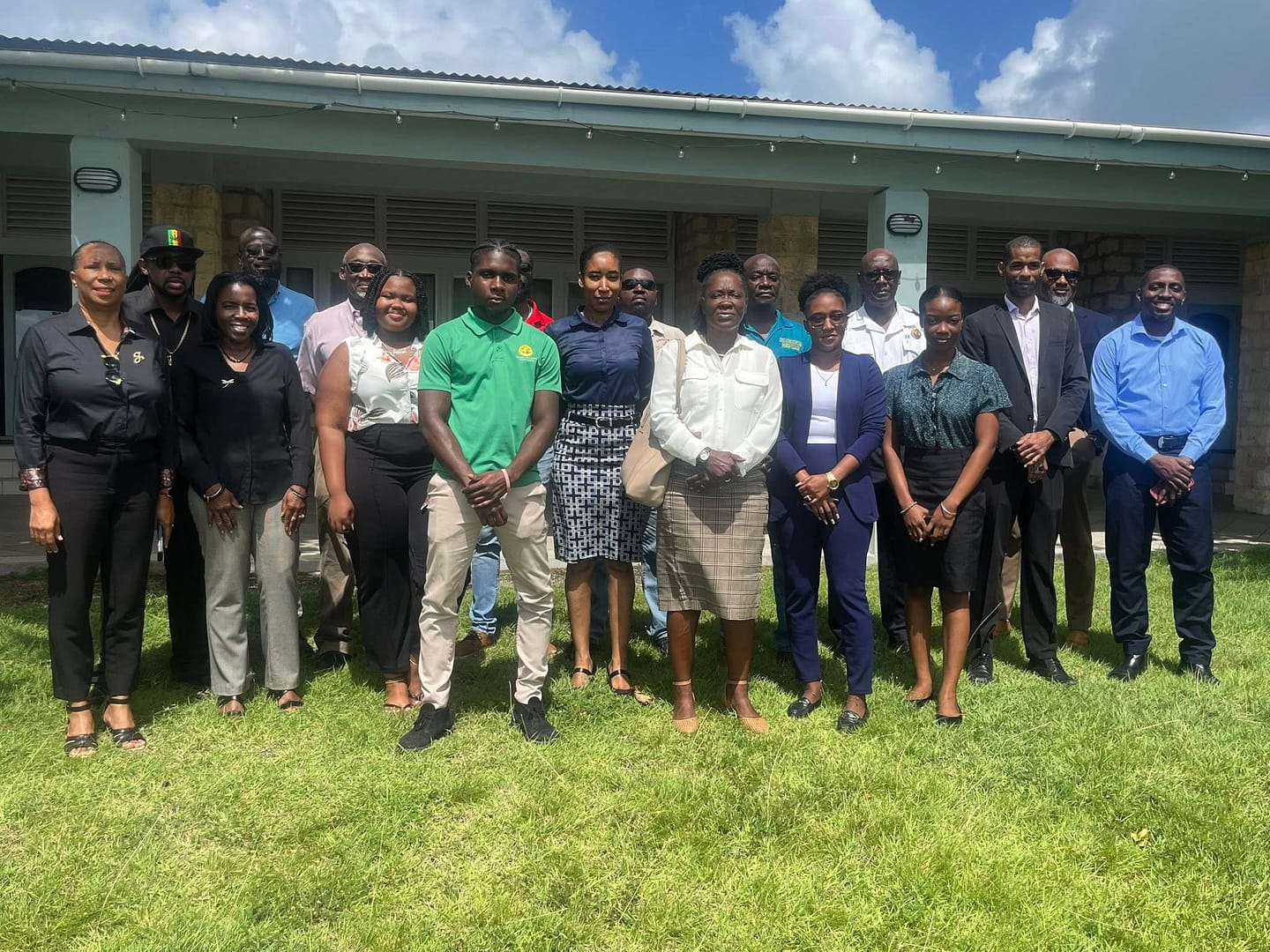
CLICK HERE TO JOIN OUR WHAT’S APP GROUP
By Shenequa Williams
On June 4, 2025, key stakeholders gathered at the Antigua and Barbuda Hospitality Training Institute (ABHTI) for the National Validation Workshop under the regional project titled “Testing of Practical Guidance on the Development of Inventories of Pesticide Container Waste.”
The event, hosted by the Pesticides and Toxic Chemicals Control Board (PTCCB) and the Basel Convention Regional Centre, brought together government agencies, private sector representatives, and civil society organizations to reflect on progress and strategize the way forward for pesticide container waste management in Antigua and Barbuda.
The project is being implemented in Antigua and Barbuda and Guyana, with support from the Basel Convention Regional Centre for Training and Technology Transfer for the Caribbean (BCRC-Caribbean).
It is funded by the Secretariat of the Basel, Rotterdam and Stockholm Conventions and aims to provide countries with step-by-step, practical guidance for identifying, quantifying, and managing pesticide container waste, a growing environmental and public health concern in the Caribbean.
The workshop was moderated by Mr. Jonah Ormond, Registrar of the PTCCB. Dr. Linroy Christian, Director of Analytical Services and National Focal Point, also played a key role in setting the stage for the discussions.
Ms. Natalie John, Research Officer at the BCRC-Caribbean, joined virtually to present on the project’s regional framework and relevance.

Ms. Teneisha Smith, the National Technical Consultant from the Department of Environment, led the in-depth review of the national inventory process, methodology, key findings, and recommendations for Antigua and Barbuda.
Antigua and Barbuda imports a significant volume of agricultural pesticides annually.
However, the country lacks the infrastructure to recycle the associated plastic containers.
As a result, improper disposal has become a pressing issue. National data showed a dramatic increase in pesticide container waste volumes in recent years:
– 4.8 tons disposed in 2022
– 5.5 tons in 2023
– 23.13 tons in 2024
The steep rise in 2024 reflects both increased data accuracy through improved collection methods and growing use of agricultural chemicals.
The national inventory development spanned three years and involved:
– Stakeholder mapping and engagement, including agricultural dealers, farmers, landscapers, and government regulators.
– Use of mobile forms and the Global Toolbox platform to collect detailed data on pesticide container types, materials, usage, and disposal practices.
– Categorization of containers by material type (primarily HDPE plastic), size, weight, and associated pesticide.
– Quantification of container waste across sectors to inform national strategy and policy recommendations.
Antigua and Barbuda has relevant legislation in place, including the Pesticides and Toxic Chemicals Act and the National Solid Waste Management Authority Act.
However, gaps remain particularly in legislating the disposal phase of pesticide containers. The project highlights the need for updates to legal frameworks to mandate safe, end-of-life management for pesticide packaging.
Following each presentation, participants engaged in interactive Kahoot! games, reinforcing learning in a fun and collaborative way. During reflection sessions, several key lessons emerged:
– High stakeholder willingness to participate in the process.
– The importance of flexible and sustained engagement with target groups.
– The need for targeted education around pesticide container handling and disposal.
– The value of incentive-based models to encourage safe practices.
Participants also viewed a short video on Extended Producer Responsibility (EPR), which outlined how manufacturers can be held accountable for the end-of-life management of their products a potential policy direction for Antigua and Barbuda.
The workshop concluded with a shared commitment to improve the island’s approach to pesticide container waste management. Discussions centered on next steps, including:
– Policy brief development
– Institutional strengthening
– Implementation of EPR models
– Infrastructure improvements, including dedicated disposal facilities
With the tremendous contributions from the participants in attendance, the National Validation Workshop marked another milestone in Antigua and Barbuda’s journey toward sustainable chemicals management and environmental protection.
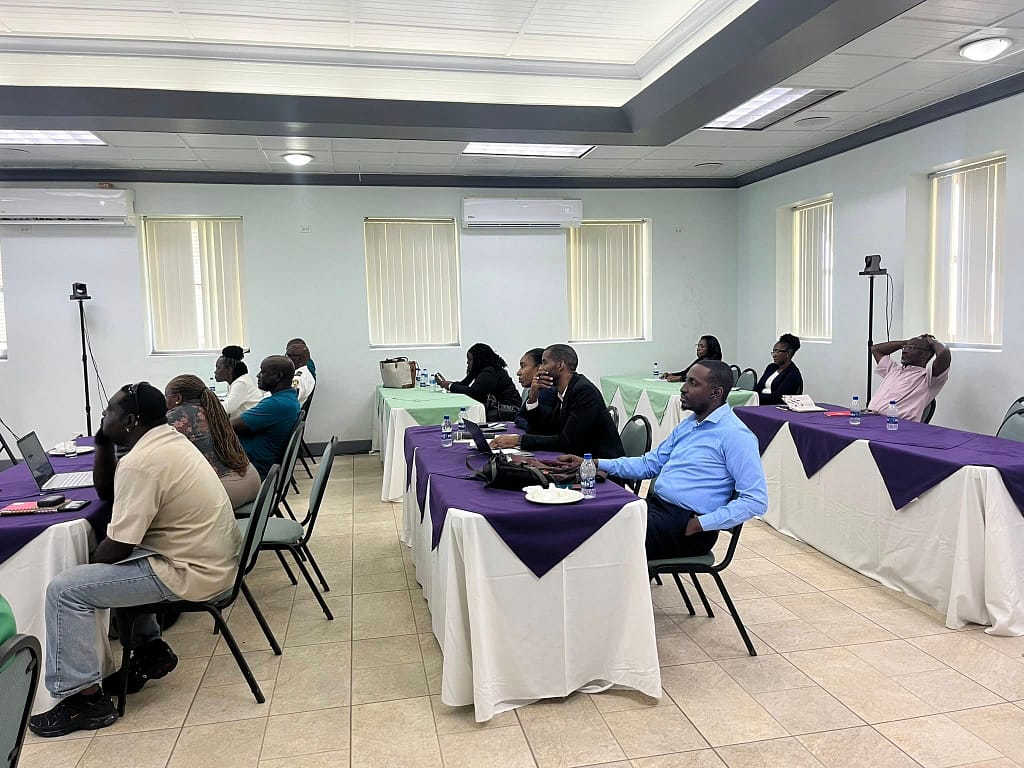
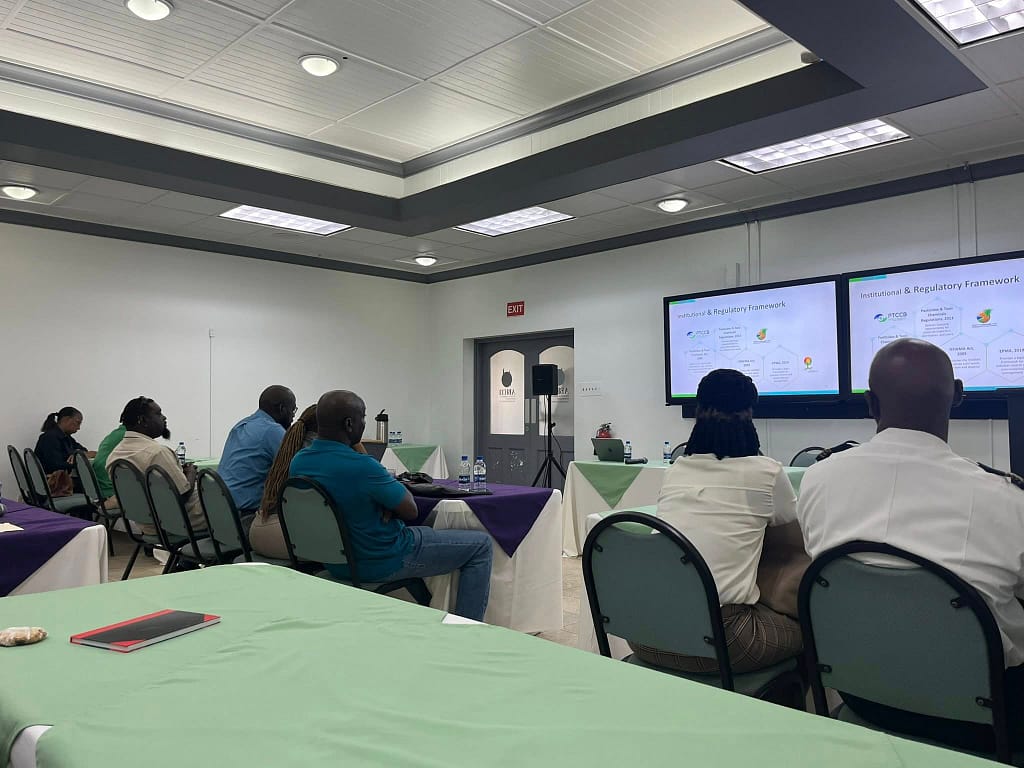
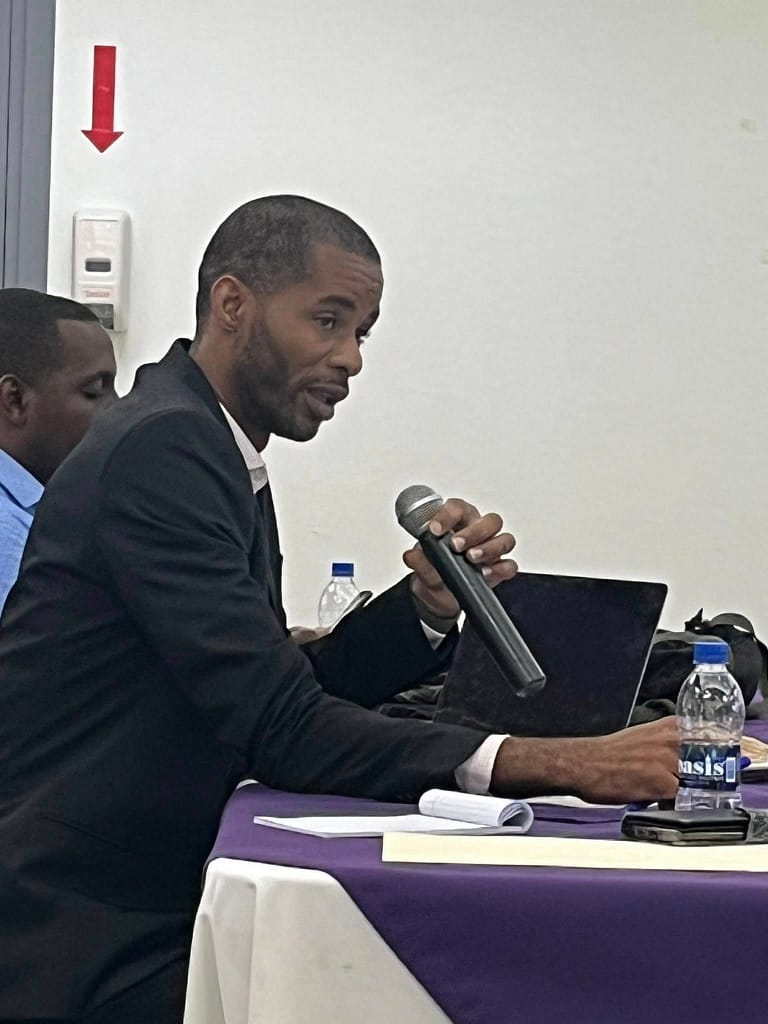
CLICK HERE TO JOIN OUR WHAT’S APP GROUP
CLICK HERE TO JOIN OUR WHAT’S APP GROUP
CLICK HERE TO JOIN OUR WHAT’S APP GROUP
CLICK HERE TO JOIN OUR WHAT’S APP GROUP
CLICK HERE TO JOIN OUR WHAT’S APP GROUP
CLICK HERE TO JOIN OUR WHAT’S APP GROUP
CLICK HERE TO JOIN OUR WHAT’S APP GROUP
Advertise with the mоѕt vіѕіtеd nеwѕ ѕіtе іn Antigua!
We offer fully customizable and flexible digital marketing packages.
Contact us at [email protected]








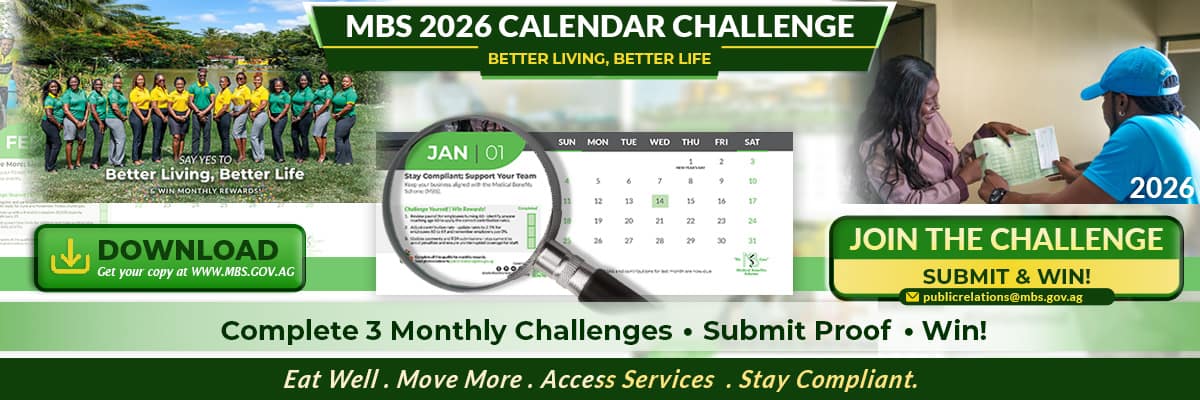







Me glad dem finally addressing this. Dem containers can’t just be lef’ all over.
Me see too much ah dem bottle in bush and drain. It cyan continue so.
Me hope young farmers involved. They need to learn early.
Protect the land, protect the people. It go hand in hand.
“Antigua and Barbuda imports a significant volume of agricultural pesticides annually.”
And in all of this, where are our farmers? Where are the people that sell these pesticides to the public. Are they been trained. When I go to the farmers depot at the CMC I have conversation with the staff there and what I notice is that they are not trained at all in the use of the chemicals they sell. They cannot give you proper advise whatsoever. And I keep seeing, most of the people buying these chemicals are our farmers. How much have they been educated about the use of these chemicals. Do they understand all the gibberish written on the labels. Those are very technical stuff. And sorry to say but may of them are school drop-offs. Chemistry and Biology was not something they excelled in. CMC should be instituting a recycle plant where these empty cans be returned and them properly destroyed.
Comments are closed.